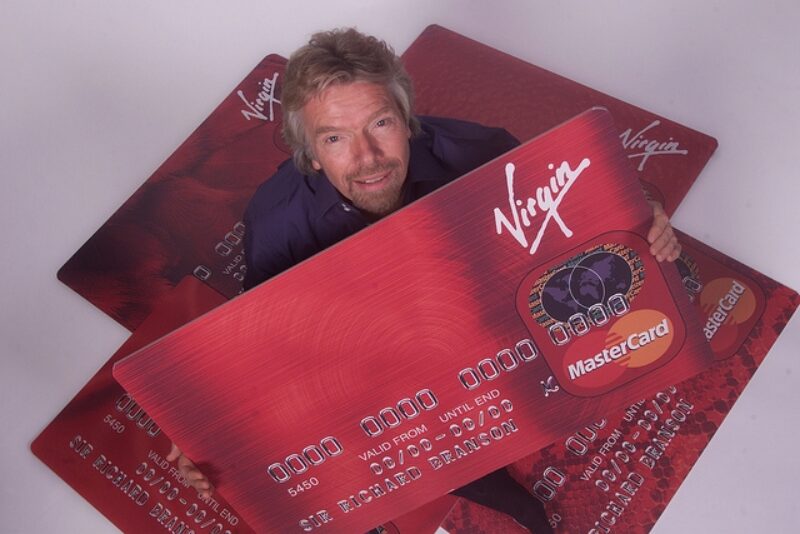28 August 2014
Branson continues to put his name to a rip-off

Next year, it will be 20 years since Sir Richard Branson launched Virgin Money's UK tracker fund - one of the first attempts made to bring direct investing to the mass market. Its TV campaigns and publicity stunts were incredibly successful - helping the fund quickly grow to become one of the largest of its kind, and today, the fund is sitting on over £2.6bn of investors' money.
It was hard not to admire Virgin's efforts at the time. Not only did it seem determined to make investing more accessible to the mainstream, but it also was on a mission to shake up the stuffy fund management industry - much of which was undeniably delivering poor value to investors (and still is).
Virgin began commissioning annual research reports to show how much of the active fund management industry was underperforming. And famously, in 1998, Branson went as far as to bet star fund manager Nicola Horlick that his tracker would outperform her fund over the next three years. Although it was a bet he lost, it was an incredibly successful publicity stunt that helped drive millions more into his fund.
Branson's rip-off
The one downside to the Virgin fund, however, is that it was always expensive. At launch, its 1% annual management charge was on the high side, but not completely out of kilter with the sector. However, over the past two decades, competition in the sector has seen the cost of tracker funds reduce significantly. It's now possible to pay as little as 0.1% to have your money in a tracker fund - and there's no doubt that the thousands of people who have remained loyal to Branson's offering have ended up losing a fortune in unecessary fees.
New research published by Which? shows that £10,000 invested in Branson's fund five years ago would have grown to around £17,500 - which sounds great until you realise that this is almost £2,000 less than the cheapest tracker fund on the market from Vanguard.
For those who put substantial sums of money in at the beginning, the losses could now run to tens of thousands of pounds - money which has lined Branson's pockets rather than investors.
While Virgin likes to talk about the great service it offers to customers, there's simply no way to justify the scale of charges that it continues to hit its customers with. And the issue threatens to undermine the efforts of Virgin Money's CEO Jayne-Anne Gadhia, who is trying to build a high street bank with a reputation for fairness.
Astonishingly, when Which? got hold of Branson and presented its latest research to him, he responded by saying that he "didn't believe it to be true". I'd like to believe that the moon's made of cheese, Richard, but there's a lot of evidence to the contrary these days.
Ironically, while Branson may have long ago lost interest in his mission to shake up the fund management industry, much of the poor value remains - and there's still an opportunity for a true consumer champion to shake up this market. Branson should chop his charges and reboot his campaign for a fairer, more transparent investment market.
Until he does, anyone with money in Virgin's tracker fund should get it out.

